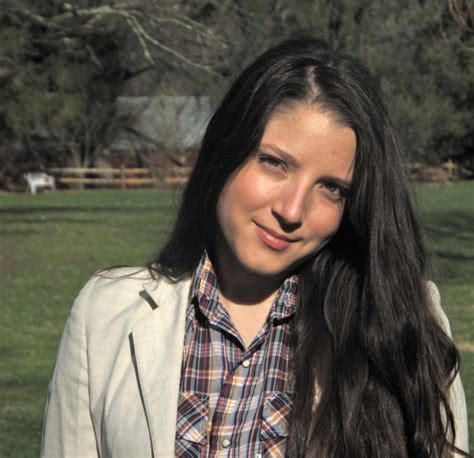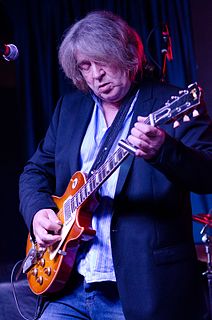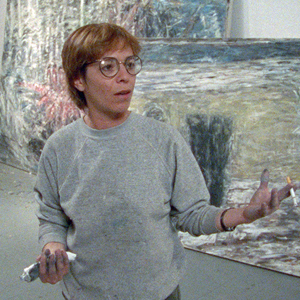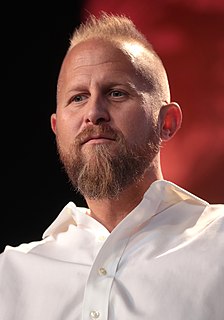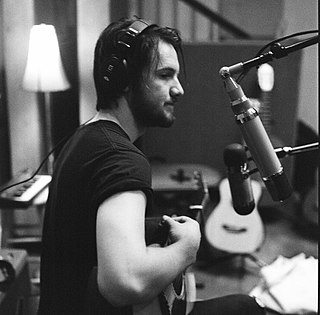A Quote by Koren Zailckas
I think statistics go in one ear and out the other. All of us respond to stories more than numbers.
Related Quotes
I don't necessarily think stories have functions any more than diamonds have functions, or the sky has a function... Stories exist. They keep us sane, I think. We tell each other stories, we believe stories. I love watching the slow rise of the urban legend. They're the stories that we use to explain ourselves to ourselves.
What does it matter, if we tell the same old stories? ...Stories tell us who we are. What we’re capable of. When we go out looking for stories we are, I think, in many ways going in search of ourselves, trying to find understanding of our lives, and the people around us. Stories, and language tell us what’s important.
The first Friday of every month is what we call Numbers Day - it's the day that the Bureau of Labor Statistics releases the monthly jobs report. We have a ritual at the Labor Department - at 8 A.M., we gather around a table in my office, and the commissioner of labor statistics briefs me and the department's senior leadership on the numbers.
When Donald Trump became the candidate we didn't have any money other than Mr. Trump's money and I don't think he wanted to write that check all himself. We needed to create a grassroots campaign and we needed to go out and find millions of people to be our supporters and Facebook allowed us to do that in alarming numbers, very fast.
We're putting more carbon into the atmosphere than the atmosphere can absorb. And everybody told us when we started, coz we knew nothing when we started - we still don't know very much - but everybody told us 'this is crazy, you don't use a scientific data point, it's a number, people don't respond to numbers'.
I do not ... reject the use of statistics in medicine, but I condemn not trying to get beyond them and believing in statistics as the foundation of medical science. ... Statistics ... apply only to cases in which the cause of the facts observed is still [uncertain or] indeterminate. ... There will always be some indeterminism ... in all the sciences, and more in medicine than in any other. But man's intellectual conquest consists in lessening and driving back indeterminism in proportion as he gains ground for determinism by the help of the experimental method.
My brother was listening to his transistor radio. He kept switching the earpiece from one ear to the other, which I thought was his idea of a joke. 'You can't do that,' I said. 'You can only hear out of one ear.' 'No, I can hear out of both,' he answered. And that was how I discovered I was deaf in my right ear.
